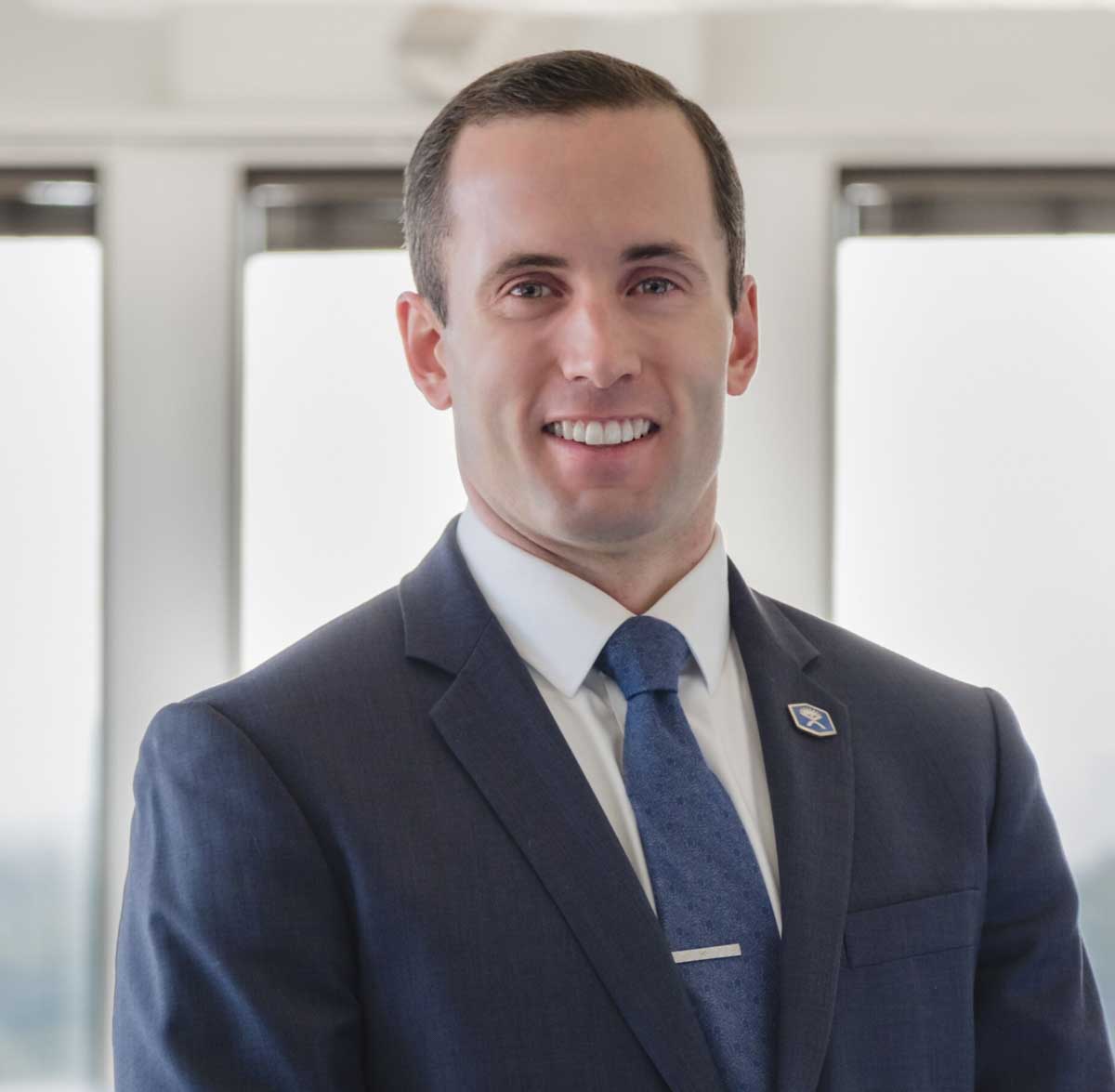How to Decrease Muscle Soreness After Exercise
Delayed onset muscle soreness – more commonly known as DOMS – is the prototypical soreness experienced after exercise. Have you ever been told “no pain, no gain?” This statement is simply untrue. You don’t need to experience pain during or after, exercise to obtain benefits. True, exercise does need to be challenging – our bodies adapt when they are pushed – but pain doesn’t have to be part of the equation.
Why am I sore after exercise?
Not all people experience delayed onset muscle soreness (DOMS) in the same way. Some people, me included, relish extreme soreness after a squat workout, and we welcome the subsequent two days of waddling about. Others, however, view soreness as a sign their pain is worsening, that they require medication to eradicate it, and that they must avoid future exercise. This is understandable.
Soreness is uncomfortable and it makes it more challenging to move. When we are in pain, soreness can worsen the overall experience. You are going to physical therapy to feel better, not worse. Instead of gritting through, or worse, avoiding activity altogether, there are a couple of strategies that can decrease the frequency and severity of DOMS.
The Repeated Bout Effect
The repeated bout effect is a protective response in which our body has a blunted inflammatory response following activity we are familiar with. Take squats as an example. If you have been ‘that guy’ who has skipped leg day for 6 months, you are likely to waddle for 3-4 days and avoid all stairs following your squat session. You will notice, however, the severity and duration of the soreness wane with subsequent leg workouts, even as intensity climbs.
Or perhaps you haven’t performed challenging exercise since high school gym class. You may worry that any exercise will cause you to live the life of the grandparents from Willy Wonka – bed-bound with no end in sight. The good news is you can easily “activate” the repeated bout effect and minimize or possibly eliminate DOMS – even after only a single session.
- Slowly increase activity
- Increase the activity of movements you are used to first. For example, if your exercise is primarily neighborhood walks, increase your walking speed and duration before jumping on a bike. If you want to lift weights, start with light weights and low resistance bands during basic movements. Don’t start by trying to replicate the CrossFit Games workouts
- Start with slow-moving or stationary/isometric exercises (think wall sits)
- Gradually increase intensity over multiple sessions, not within sessions.
Your recovery will also be impacted by your overall health. Diet, sleep, and stress can all influence how well you perform and recovery from exercise. If you are getting ready to start a new exercise program or a physical therapy plan of care, ensure sleep and nutrition are prioritized.
Movement is Medicine
At the end of the day, if you maintain a consistent physical activity regimen you will experience DOMS less frequently and at a lower intensity. Keep in mind, if you do experience pain or soreness (can be the same thing) that does not mean damage has occurred. Research is clear that pain does not equate damage. Pain is a complex phenomenon and one of the worst things we can do for it is to stop moving. Movement is the best medicine.
If you have any concerns, let your physical therapist know. They can design a personalized exercise program to help you achieve your health goals.
ABOUT THE AUTHOR

Zach Walston (PT, DPT, OCS) grew up in Northern Virginia and earned his Bachelor of Science in Human Nutrition, Foods, and Exercise at Virginia Polytechnic Institute and State University. He then received his Doctorate of Physical Therapy from Emory University before graduating from the PT Solutions’ Orthopaedic Residency Program in 2015.
Zach has numerous research publications in peer-reviewed rehabilitation and medical journals. He has developed and taught weekend continuing education courses in the areas of plan of care development, exercise prescription, pain science, and nutrition. He has presented full education sessions at APTA NEXT conference and ACRM, PTAG, and FOTO annual conferences multiple platforms sessions and posters at CSM.
Zach is an active member of the Orthopedic and Research sections of the American Physical Therapy Association and the Physical Therapy Association of Georgia. He currently serves on the APTA Science and Practice Affairs Committee and the PTAG Barney Poole Leadership Academy.